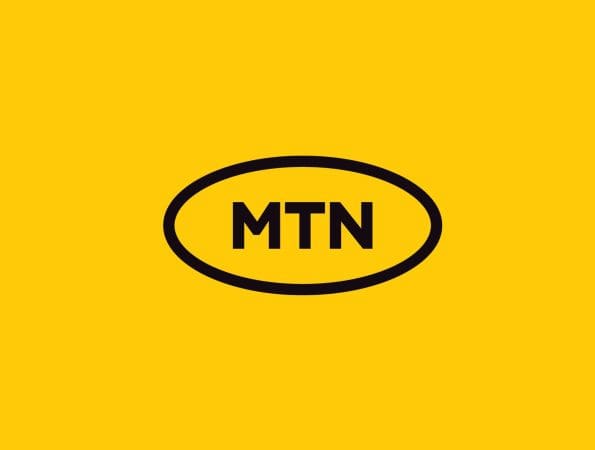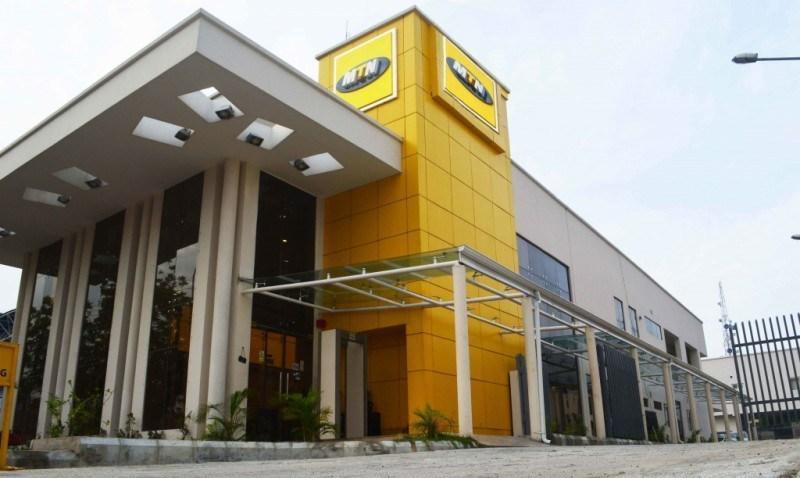MTN Nigeria has announced plans to invest around US$625 million in 2025 to expand and modernise its network infrastructure across the country. This comes at a time when the nation’s economy is under pressure, the naira has seen steep devaluation, and telecom operators are struggling to balance rising costs with affordable services.
The announcement was made by the company’s chief executive officer, Karl Toriola, who described the move as a deliberate strategy to secure Nigeria’s digital future despite the headwinds. “If you spend nine to one in terms of service quality compared to your competitors, customers will consolidate their spend with you,” Toriola said, underscoring MTN’s confidence in quality as a long-term differentiator.
For Nigerians, this means MTN intends to offer stronger network capacity, faster internet services, and broader coverage—even as household incomes remain squeezed. The plan signals resilience and faith in a market that continues to be Africa’s biggest telecom hub.

From Heavy Losses to a Profitable Turnaround
The company’s decision to expand its capital expenditure coincides with a major financial rebound. In the first half of 2025, MTN Nigeria reported a net profit of ₦414.9 billion (about US$271 million). This turnaround is remarkable when compared to the ₦519.1 billion (around US$339 million) loss it suffered in the same period in 2024.
Last year’s steep currency slide—from about ₦450 to the dollar to as high as ₦1,600—had left MTN in the red, forcing it to borrow just to maintain operations. But now, improved cost management, better subscriber retention, and new revenue streams have placed the operator back in the black.
Instead of sitting back to rebuild its balance sheet slowly, MTN is using the opportunity to aggressively reinvest. The logic is straightforward: quality service attracts loyalty. In a country where people often keep multiple SIM cards as backup against poor reception, being the “most reliable network” has direct financial payoffs.
The Policy Gaps Holding Back Telecoms
While MTN’s bold expansion is encouraging, it also highlights the urgent need for reforms in Nigeria’s telecom sector. According to Toriola, one of the biggest obstacles is the lack of an automatic tariff adjustment system. In advanced markets, telecom tariffs are linked to inflation or foreign exchange fluctuations, helping operators adjust seamlessly to economic changes. In Nigeria, however, tariffs remain fixed for long periods even as costs climb.
This mismatch creates a survival crisis. Operators face rising costs for equipment and operations, but cannot pass these costs on to consumers quickly or fairly. Toriola has called for a regulatory shift that will allow telecoms to stay financially sustainable without compromising affordability for subscribers.
Another pressing challenge is access to foreign exchange. Building digital infrastructure—fibre networks, base stations, and data centres—requires importing equipment, often paid for in dollars. With Nigeria’s forex shortages, telecoms struggle to fund these imports. “Capital doesn’t care if you’re local or foreign—it goes where returns are safe,” Toriola warned, stressing that Nigeria must create a stable environment to attract and retain investment.
Nigeria is already Africa’s largest telecoms market by user base, responsible for nearly 82% of the continent’s mobile subscribers and about a third of its internet traffic. The sector consistently contributes over 10% to Nigeria’s GDP. Yet without favourable policies, its growth potential remains capped.

What Nigerians Stand to Gain
For everyday Nigerians, the expansion could be a game-changer. Faster internet speeds will mean smoother mobile banking transactions, better access to e-learning, and stronger support for small businesses operating online. Rural communities, often left behind in the digital race, may see better coverage as part of MTN’s roll-out strategy.
However, the question of pricing remains. With inflation eating into disposable incomes, subscribers are sensitive to any tariff hike. If regulators allow adjustments that reflect real market conditions, MTN and other operators may be able to sustain service quality while ensuring prices remain fair.
The ripple effect on the industry may also be significant. Rival operators like Airtel and Glo may feel compelled to boost their own investments. In fact, earlier this year MTN and Airtel Africa signed an infrastructure-sharing agreement covering Nigeria and Uganda. The deal aims to cut costs while speeding up rural network deployment, particularly ahead of future 5G expansion. More such partnerships could reduce the burden of heavy capital expenditure, creating a win-win for companies and consumers alike.
In the long term, sustained investment in telecoms infrastructure could also stimulate broader economic growth. Digital inclusion supports entrepreneurship, e-commerce, agriculture, education, and healthcare. By bridging connectivity gaps, telecoms become enablers of social and economic development.

Conclusion
MTN Nigeria’s planned US$625 million network expansion amid economic headwinds is more than a corporate investment—it’s a vote of confidence in Nigeria’s digital future. Coming on the heels of a dramatic financial turnaround, it positions MTN as both a market leader and a risk-taker willing to invest when conditions are tough.
Still, the expansion cannot succeed in isolation. Nigeria’s policymakers must confront the structural issues that make the operating environment unstable: tariff rigidity, forex scarcity, and regulatory bottlenecks. If reforms are implemented, the telecom sector could shift from survival mode to growth mode, setting off a new wave of digital transformation.
For the millions of Nigerians who depend on their phones not just for calls but for work, school, banking, and social connection, the stakes are high. MTN’s gamble may just help unlock the next phase of Nigeria’s digital economy—if the right support systems fall into place.
Join Our Social Media Channels:
WhatsApp: NaijaEyes
Facebook: NaijaEyes
Twitter: NaijaEyes
Instagram: NaijaEyes
TikTok: NaijaEyes








































